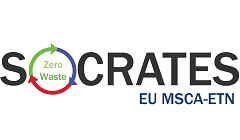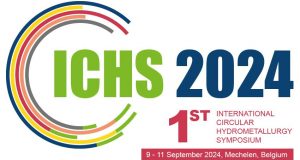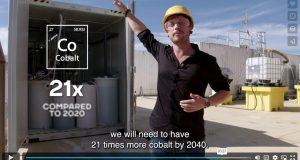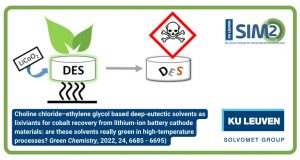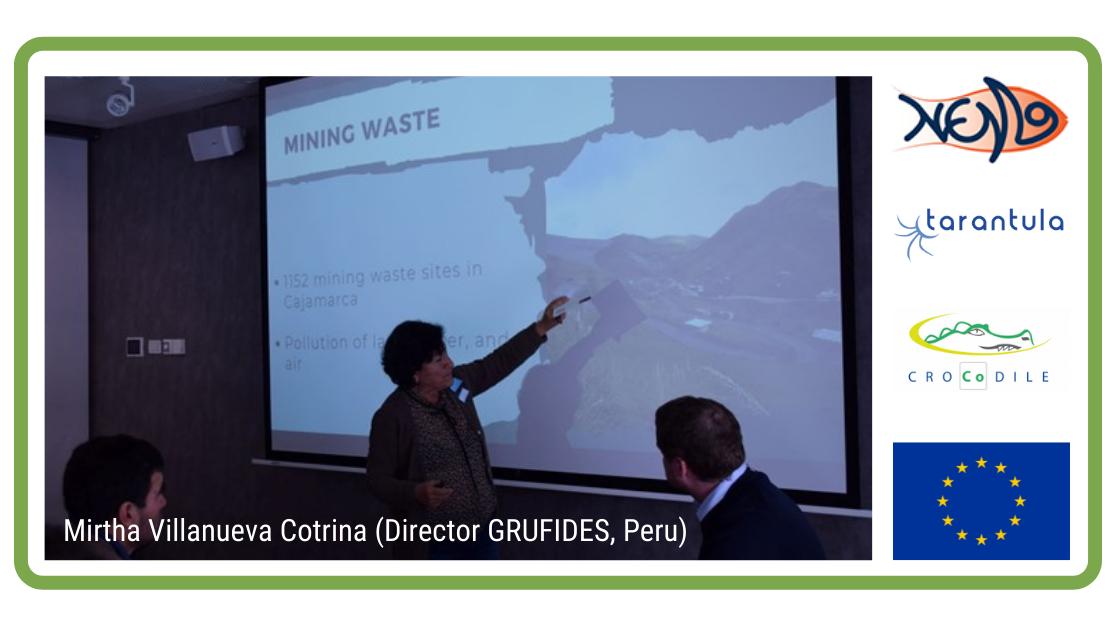Metallurgy is a key enabler of a circular economy (CE), its digitization is the metallurgical Internet of Things (m-IoT). In short: Metallurgy is at the heart of a CE, as metals all have strong intrinsic recycling potentials. Process metallurgy, as a key enabler for a CE, will help much to deliver its goals. The first-principles models of process engineering help quantify the resource efficiency (RE) of the CE system, connecting all stakeholders via digitization. This provides well-argued and first-principles environmental information to empower a tax paying consumer society, policy, legislators, and environmentalists. It provides the details of capital expenditure and operational expenditure estimates. Through this path, the opportunities and limits of a CE, recycling, and its technology can be estimated. The true boundaries of sustainability can be determined in addition to the techno-economic evaluation of RE. The integration of metallurgical reactor technology and systems digitally, not only on one site but linking different sites globally via hardware, is the basis for describing CE systems as dynamic feedback control loops, i.e., the m-IoT. It is the linkage of the global carrier metallurgical processing system infrastructure that maximizes the recovery of all minor and technology elements in its associated refining metallurgical infrastructure. This course will illustrate some of these concepts with hands-on training.
More information about the programme can be found on www.master-suma.eu/summerschool/
PERIOD: 17-20/07/2017
LOCATION: MTC 00.12 Leuven, Belgium
COURSE LEADER Prof. Markus Reuter
We offer scholarships to a maximum of 20 selected students. Online application till May 17:
www.master-suma.eu/summerschool/application/
